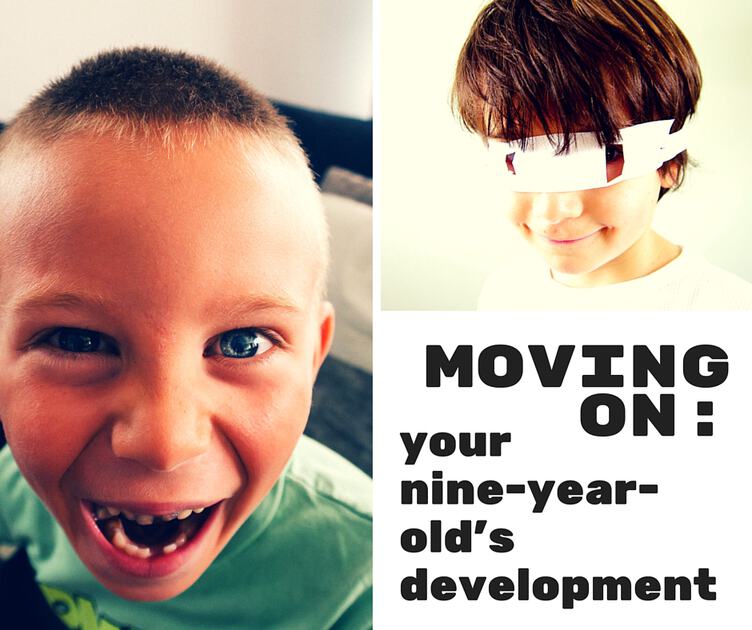
You’ve been a parent for nine years. You’ve seen your child progress from a helpless infant to an increasingly independent child with their own personality, but don’t worry. Your son or daughter still needs your help to grow into a healthy, happy adult.
Your nine-year-old’s physical skills have developed to the point where they have good body control, enabling them to play sports or dance. Now, they can improve their strength, agility, and speed. They’re still growing and will need around 10 hours of sleep per day. They may also enter puberty, which is an excellent time to discuss the changes they’ll experience. Your child will become more aware of their body image and may need help to develop the necessary self-esteem to deal with how they feel about their appearance. Research has shown that eating disorders can start around this age; encouraging a healthy lifestyle, modeling a positive self-image, and showing you value more than your child’s looks will help prevent this. You may need to talk to them about sex if you haven’t already done so; many books and organizations can advise you on how to do this in an age-appropriate way.
Cognitively, your child can think critically, share their views and thoughts, and be curious about how things work, so you’ll still get lots of questions. They’ll want to be involved in major decision-making, such as where to go on vacation, and may enjoy planning things. They’re starting to understand the value of delayed gratification; working hard at school to get the career they want will make more sense to them now.
At the age of nine, literacy skills have developed to the point where kids can research information to present in book reports, essays, or fiction, but they’ll still enjoy reading for pleasure. Working with your child, perhaps linking the material to their interests, can help them if they’re struggling. Their math homework is likely to include multiplication and division as well as fractions and geometry, and they’re capable of collecting, organizing, and sharing data in reports and presentations. You may have noticed a tendency to collect things though they’ve moved on from the leaves or stones of their earlier years.
Socially, kids at this age can form stronger, more complex peer relationships, and it might be hard to keep track of who’s in favor at any given moment. It’s natural to gravitate towards friends of the same sex, and you shouldn’t try to discourage this since they’ll develop some healthy relationships with them. Friends and social activities may become more important than anything the family organizes. Peer pressure is a strong influence, and self-esteem is important in overcoming negative effects by giving them the confidence to stick to their values.
Your child’s conscience is developing, and they’ll have a strong sense of fairness and not just as events relate to them; these feelings may translate into action, such as wanting to do something practical to help those less fortunate. While they’re more capable of accepting failure, admitting mistakes, and taking responsibility for them, your nine-year-old may still find it difficult to admit to being wrong and learn from your example. They may become easily embarrassed or upset by criticism, so you need to be aware of how they may interpret what you say to them; being objective and focusing on the issue or their actions, rather than them as a person, will help.
There’s a lot you can do to support your child now. Their moods may change from one moment to the next, and let them know you love them, even though you may dislike their behavior. Set clear, consistent boundaries to help them stabilize their emotions. Encourage your child to discuss their concerns while showing affection and promoting responsibility. Designate chores, talk to them about spending and saving wisely, or let them run the family planner to give them the confidence and skills they’ll need. It’s worth noting that safety issues may be different now, so you’ll need to talk to them about internet and mobile phone usage and the changing face of “stranger danger.”
Your child is on their way to becoming a young man or woman, and you have a vital role in giving them a template for their behavior, moral code, and view of themselves that will help them grow into a happy, healthy adult.


